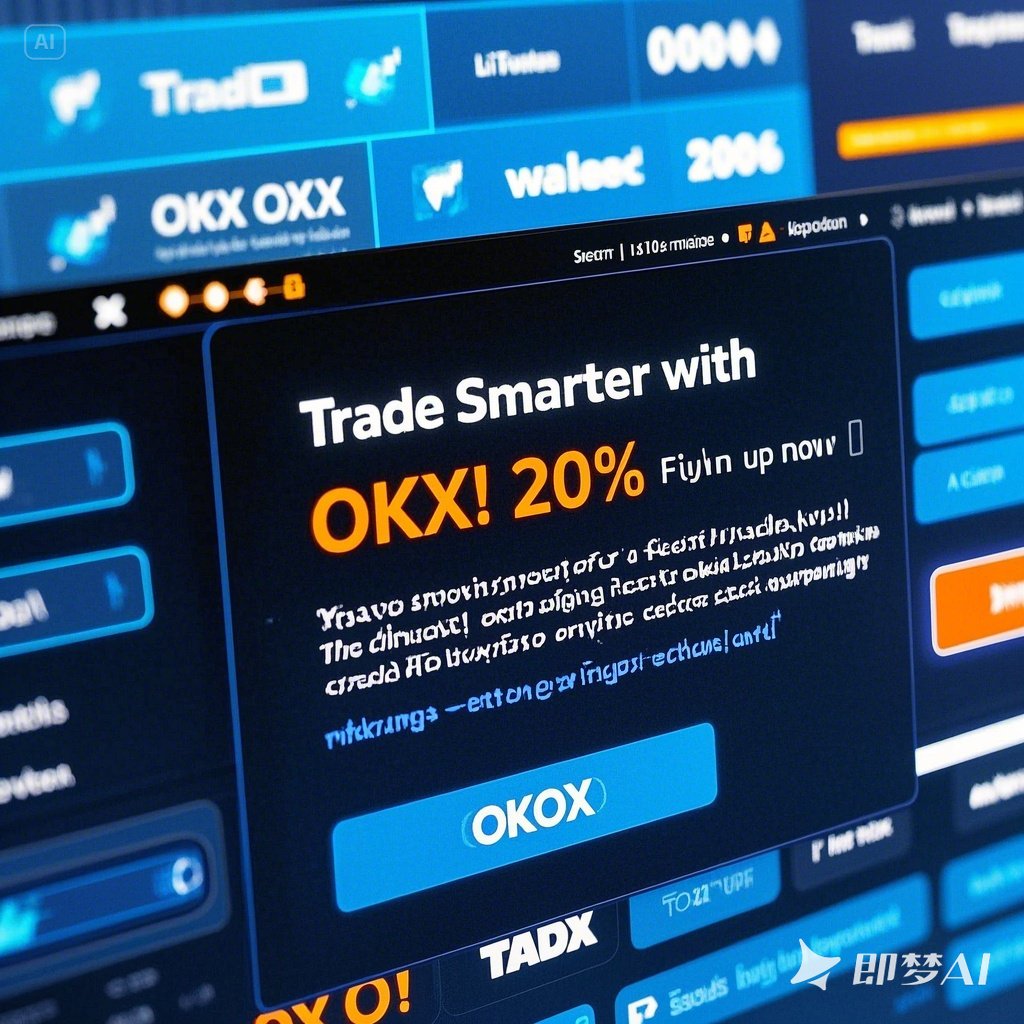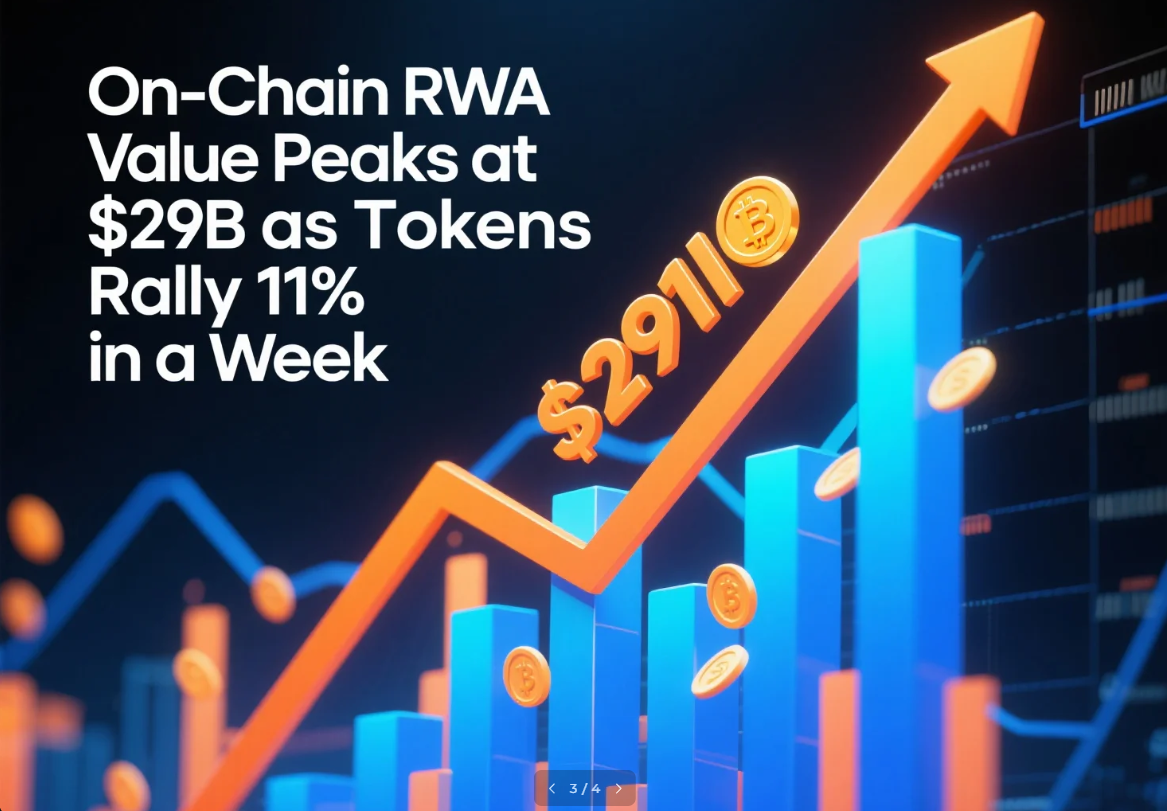China Manufacturing PMI Drops Amid Trade War Pressures: Economic Recovery Stalls as Job Market Declines
Don’t just sign up — trade smarter and save 20% with referral codes: Binance WZ9KD49N / OKX 26021839
What is the Purchasing Managers’ Index (PMI)?
What is the Purchasing Managers’ Index (PMI)? < < h2 { color: #34495e; } <
Long-term Implications of PMI Declines on International Trade
The Purchasing Managers’ Index (PMI) is a critical indicator of economic health, particularly within the manufacturing sector. A decline in PMI signals a potential downturn in production activity, which can have profound and far-reaching implications for international trade. Understanding these implications is essential for policymakers, businesses, and investors alike.
Economic Slowdown and Reduced Demand
When PMI declines, it often reflects a decrease in new orders and production levels. This reduction in manufacturing activity typically leads to a slowdown in economic growth. As demand for goods diminishes, countries that rely heavily on exports may experience a drop in foreign sales. For instance, if a major exporting nation such as China or Germany sees a prolonged decline in its PMI, it could result in lower demand for raw materials and intermediate goods from other countries, affecting supply chains globally.
Impact on Global Supply Chains
A PMI decline can disrupt global supply chains by causing delays in production schedules and increasing inventory costs. Manufacturers may cut back on orders from suppliers due to reduced domestic demand, leading to a ripple effect across industries. This disruption can weaken the resilience of supply chains, making them more vulnerable to future shocks. Additionally, countries with high import dependency may face challenges in maintaining stable access to crucial inputs, potentially stifling their ability to produce competitively priced goods.
Trade Policy Adjustments
In response to declining PMIs, governments might implement protectionist measures to shield domestic industries from foreign competition. Tariffs, subsidies, and export restrictions are common tools used during periods of economic uncertainty. However, these policies can exacerbate tensions between trading partners and lead to retaliatory actions, further complicating international trade relations. Over time, such measures could fragment global markets into smaller, less efficient trading blocs, reducing overall economic efficiency.
Currency Fluctuations and Market Volatility
PMI declines can also trigger currency fluctuations as investors reassess risk in various economies. Weak PMI data often prompts central banks to adopt accommodative monetary policies, such as lowering interest rates or engaging in quantitative easing. These actions can weaken a country’s currency, making imports more expensive and exports relatively cheaper. While this might provide temporary relief for exporters, it can lead to inflationary pressures and currency volatility, complicating long-term planning for both businesses and consumers.
Opportunities Amidst Challenges
Despite the negative impacts, PMI declines can present opportunities for innovation and diversification. Companies may seek alternative markets or invest in technologies that enhance productivity and reduce reliance on volatile sectors. Governments could focus on infrastructure development and workforce training to boost competitiveness. Moreover, collaboration among nations through multilateral agreements can help stabilize trade flows and foster mutual growth.
In conclusion, the long-term implications of PMI declines on international trade are multifaceted and require careful consideration. By understanding the underlying causes and potential consequences, stakeholders can develop strategies to mitigate risks and capitalize on emerging opportunities. As the global economy becomes increasingly interconnected, proactive measures will be crucial to ensure sustainable trade relationships amidst periods of economic uncertainty.
Back to Top














